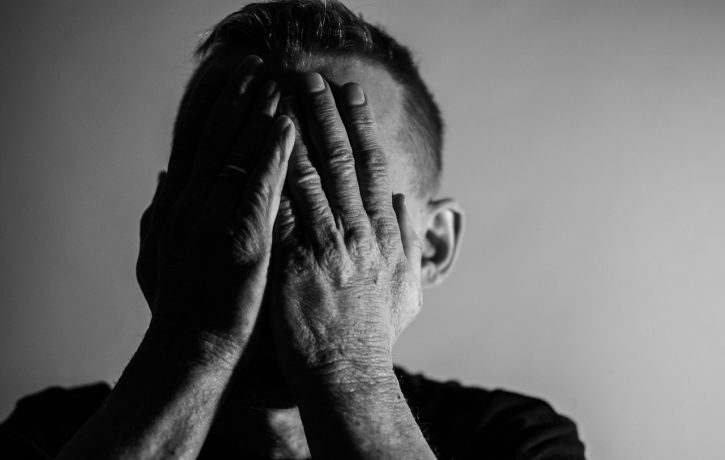in Mindfulness
Misfortune

‘Life can be tough’ is a statement that few would deny. On the global stage, there are areas of the world that are in turmoil, with communities in, whatever definition one might use, poverty. Even in 2019, life for too many is brutish and short. Closer to our own lives, we see others suffer losses with the passage of time and experience similar losses ourselves. It is tempting to think that we can insulate ourselves from pain and suffering, and gain happiness, through the achieving of goals such as financial success.
In his book ‘Happy’, Derren Brown argues that there is a deeper level of happiness that is not dependent on such goals. He argues against the popular assertion that we are all capable of doing anything – that life is just an upward spiral of greater and greater successes:
“We are so embroiled in the rhetoric of self-belief that to apply any qualifications to the mantra of ‘Go on! You can do anything!’ seems to be actively denying people of their chance of happiness. Yet when we warn, ‘This may not work out’, we are being at heart, very supportive. We are asking the person to set aside, for a moment, their single-minded emotive image of happiness”.
Having conversations of this sort (about decisions and goals) can be uncomfortable – whether it is with an elderly driver who really should no longer be driving, with a problem gambler about the path they are on, or with someone in a relationship that most would see as damaging. Yet such conversations are necessary.
If a personal trainer or coach were to tell me (as a 51-year-old man whose last competitive game of football was for his junior school over forty years ago), that it is perfectly possible for me to become a premiership footballer as long as I whole-heartedly desire it, I would be very surprised! Such a goal simply isn’t plausible.
Yet obstacles and hardships can be things that we can learn from – and not solely if we overcome such things. We are moulded into who we are by things we are capable and not capable of, of the opportunities we have had, and that we haven’t had.
During a speech at his son’s school graduation in 2016, Justice John Roberts of the US Supreme Court said the following to the students present:
“From time to time in the years to come, I hope you will be treated unfairly so that you will come to know the value of justice. I hope that you will suffer betrayal because that will teach you the importance of loyalty. Sorry to say, but I hope you will be lonely from time to time so that you don’t take friends for granted. I wish you bad luck, again, from time to time so that you will be conscious of the role of chance in life and understand that your success is not completely deserved and that the failure of others is not completely deserved either. And when you lose, as you will from time to time, I hope every now and then, your opponent will gloat over your failure. It is a way for you to understand the importance of sportsmanship. I hope you’ll be ignored so you know the importance of listening to others, and I hope you will have just enough pain to learn compassion. Whether I wish these things or not, they’re going to happen. And whether you benefit from them or not will depend upon your ability to see the message in your misfortunes.”
To arrange a free 30-minute consultation to discuss how BWRT®, hypnotherapy or counselling can help you to change your life for the better, contact Jonathan at The Body Matters on 01702 714968.
- COVID-19 and the Fear of Needles - 22nd March 2021
- The Damaging Effects of the Pandemic - 1st March 2021
- What is Yangsheng? - 27th January 2021
